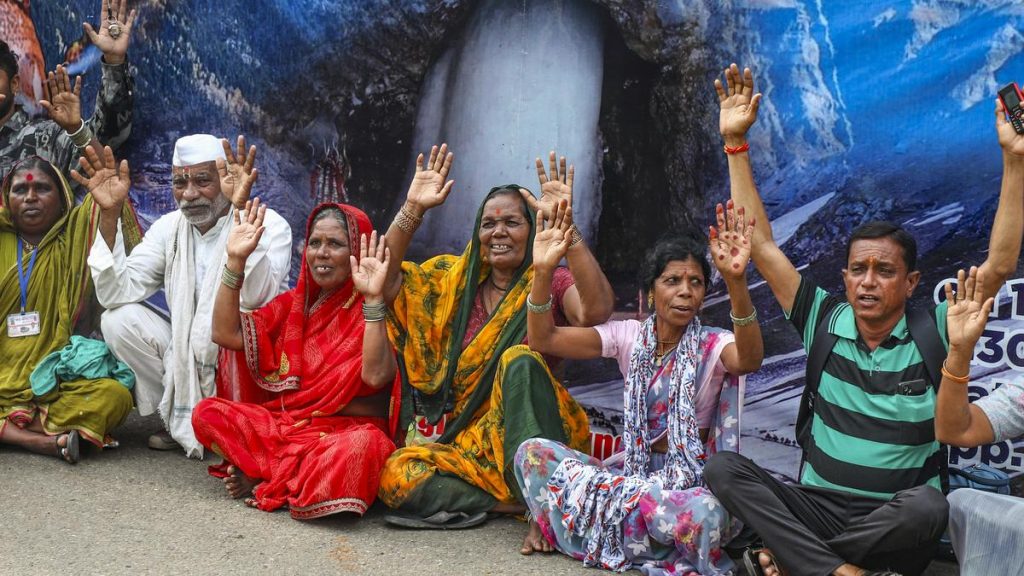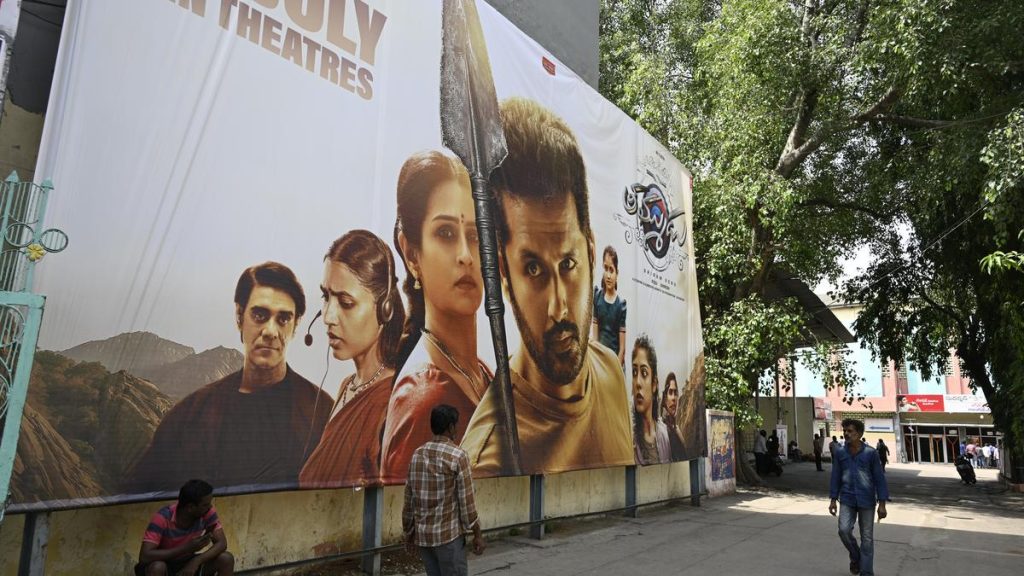Now Reading: CBFC Promises Bombay High Court Film Certification Decision on Yogi Adityanath Biopic Within Two Days
-
01
CBFC Promises Bombay High Court Film Certification Decision on Yogi Adityanath Biopic Within Two Days
CBFC Promises Bombay High Court Film Certification Decision on Yogi Adityanath Biopic Within Two Days

speedy Summary
- CBFC Decision Timeline: the Central Board of Film Certification (CBFC) informed the Bombay High court that it would decide on the certification applications for the film “Ajey: The Untold Story of a Yogi” within two working days.
- court Observation: A Division Bench expressed displeasure over CBFC’s delay, questioning its failure to act within prescribed timelines under the Cinematograph Act adn Certification Rules, 2024.
- Filmmakers’ Allegations: The filmmakers accused CBFC of “arbitrary and unexplained” inaction despite filing applications for certification on June 5. They re-applied on July 3 under a priority scheme but faced further delays with unclear requirements.
- Film Inspiration & Release Date: The film draws from Shantanu Gupta’s book ‘The Monk Who Became Chief Minister’ and is scheduled to release on August 1, portraying Uttar Pradesh Chief Minister Yogi Adityanath’s life respectfully.
- Commercial Impact Concerns: Filmmakers argued CBFC’s delay could cause reputational damage as key promotional activities hinge on certification approval.
- Constitutional Rights invoked: Petitioners cited Articles 14, 19(1)(a), 19(1)(g), and 21, accusing CBFC of infringing upon their freedom of speech, professional rights, equality rights, and personal liberty.
Indian Opinion Analysis
This case sheds light on procedural inefficiencies at regulatory bodies like CBFC in India. Delays in adhering to legally mandated timelines can disrupt commercial plans tied to time-sensitive industries like filmmaking. For projects involving public figures or political themes – such as “Ajey,” inspired by UP CM Yogi Adityanath – certification delays may exacerbate concerns over censorship or contradictions between legal rules and administrative practices (e.g.,alleged requests for an NOC not listed under applicable laws).
While judicial intervention has ensured prompt action from the CBFC this time around, systemic issues remain regarding openness and responsiveness within Indian film regulations. Repeated disruptions undermine stakeholders’ trust in processes critical to free expression while stifling creativity under commercial strain. Streamlining standards enforcement could prevent controversies moving forward.
Read more at
























